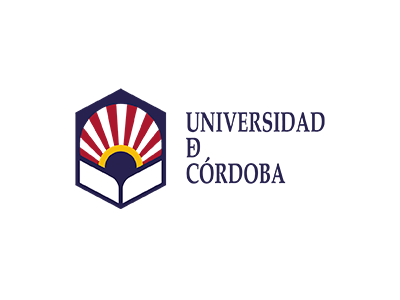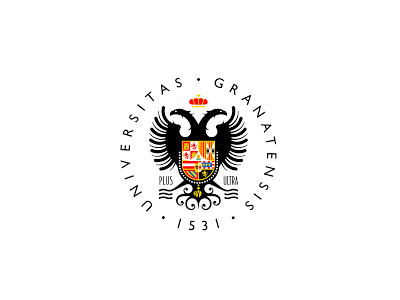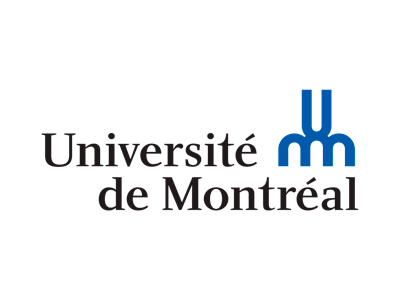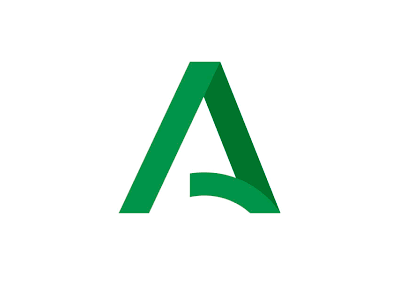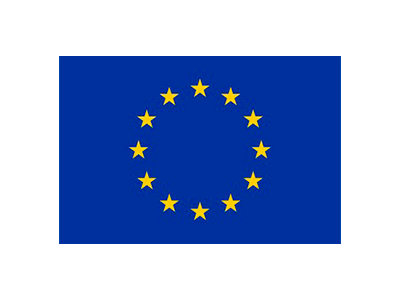Welcome to DicoAdventure
This research project, co-funded by the Operational Programme FEDER 2014-2020 and the Consejería de Economía, Conocimiento, Empresas y Universidad of the Andalusian regional government, is framed within the scope of corpus linguistics, lexical-semantics based on frame semantics and specialised lexicography. It is, hence, an eminently multidisciplinary research and in line with the main trends of current terminological work. It aims to “Potenciar la investigación, el desarrollo tecnológico y la innovación” (“Promote research, technological development and innovation”) (Thematic Objective 1 of the ERDF lines) from a bilingual and bicultural point of view (English and Spanish) in the field of adventure tourism, one of the priority lines of RIS3 and PAIDI 2020.
The main goal of this project is to design and develop a flexible and comprehensive bilingual e-resource (English, Spanish), named DicoAdventure, which facilitates the acquisition of specialised knowledge based on semantic frames in a user-friendly and intuitive way. To reach this objective, it is essential to establish other secondary objectives, such as corpus-based and semantic frame study of the terminology of adventure tourism discourse from a morphological, syntactic, lexico-semantic and pragmatic viewpoint; conceptual modelling of the specialised discourse; socioeconomic analysis of the impact of this tourism segment in Spain and Andalusia and users’ evaluation of the e-resource, etc.
It is a novel and necessary investigation that contributes to the development of innovative and comprehensive computer systems that permit the transfer of knowledge and flexible consultation by users. Besides, its results bring benefits to different fields: on the one hand, it provides satisfactory results around the terminology of adventure tourism, since there is neither integrated nor contrastive research related to the study of this terminology despite the need to produce websites, brochures and promotional information about this type of tourism in both languages thanks to the growing demand of international tourists. On the other hand, this research helps the terminological field in two aspects mainly: with a novel methodological proposal for the study of the terminology of this specialised domain in the two working languages (English-Spanish) and with the terminological resource DicoAdventure itself, whose macro and microstructure can serve as an example for future resources in this or other specialised fields.


